09 Sep Sustainability at Kies Family Wines
Sustainability Practises at Kies Family Wines
Our little parcel of land at the Southern end of the Barossa Valley represents our family history, a home to visitors from all over the world and the source of the vines that produce our single-vineyard and much loved wines.
We treasure this land and recognise the relationship between a healthy environment and a thriving business. Our plan is to remain family owned for many generations to come and as such we see our responsibility to preserve and improve our environmental practises as paramount.
Please find below a list of the steps we have taken to help towards more positive sustainability outcomes.
SOLAR
We have calculated the maximum power usage of our brand new winery at the peak of vintage and have installed a solar powered system linked to batteries to supply ample power for the winery and barrel hall.
The winery and barrel hall will be running off batteries during vintage. When vintage is finished the power generated by the batteries will power the cellar door and Monkey Nut Café. We do have mains power to the winery but this is used only in emergencies.
Our machinery shed is completely self-sufficient drawing no electricity from the grid.
WATER SUPPLY
A pipe has been installed from the main supply to the winery. However we have installed a 200,000L water tank and with the storm water from both sheds combined we will generate approximately 500,000L per annum of rainwater, which is ample supply for the winery usage. This means that our reliance on mains water is very low.
ONSITE WASTE WATER TREATMENT FACILITY
We have installed a series of settling tanks with an anaerobic system to allow water to be recycled for irrigation of a small wood lot located behind the winery.
WATER CONSERVATION IN THE VINEYARD
We use minimum tillage techniques with a permanent cover crop mid row. During winter the clover crops keep the moisture in the soil, and when they die off they leave Nitrogen in the soil.
Our irrigation system is automated as our Soi Software Program can be adjusted to provide just enough water at the right time.
We have invested over $10,000 in solid moisture monitors to ensure that we don’t over water. These are hooked up to a computer or smart phone so we can monitor moisture levels at any time.
We use pulse irrigation, which means that vines are watered only slightly but on a regular basis to ensure that there is no wastage. 50% of our drip lines are placed on the ground, which reduces evaporation of water by 14%.
We are constantly making sure we get the most out of our small water allocation. This is monitorable 24/7 by our vineyard manager.
WASTE MANAGEMENT & RECYCLING
In terms of waste management we have separate bins for food waste, which is then used to feed the sheep on the homestead.
We use local suppliers to keep trucking times down to reduce our environmental footprint.
We use stelvin caps where possible for the preferred closure types for our wine packaging, and sell our wines with the following packaging:
• Cardboard 2 and 3 pack boxes
• Brown paper bags
• Cardboard cartons and dividers
LABORATORY
We have built a winery laboratory on site, which runs analysis from juice to wine. This allows us to make on the spot decisions to maintain the premium quality of Kies Wines. This also reduces the need for transport of samples from Lyndoch to Angaston throughout the year.
CLIMATE WIZARD
A climate wizard has been installed in the barrel hall, which is a large air conditioner and humidifier keeping temperatures between 16°C and 18°C. It keeps the humidity at 65% relative humidity, which is ideal for storing barrels.
Environmental benefits of the climate wizard:
- Use of R32 Refrigerant, which has a global warming potential factor more than 65% lower and more energy efficient (increased cooling capacity).
- A market-leading energy rating (across the range), which is the best (or equivalent best) on the market.
Kies Family Wines intends to pursue continual improvement in environmental practises to reduce our carbon footprint, and make our product more sustainable so that our land and surrounding community can continue to thrive for generations to come.

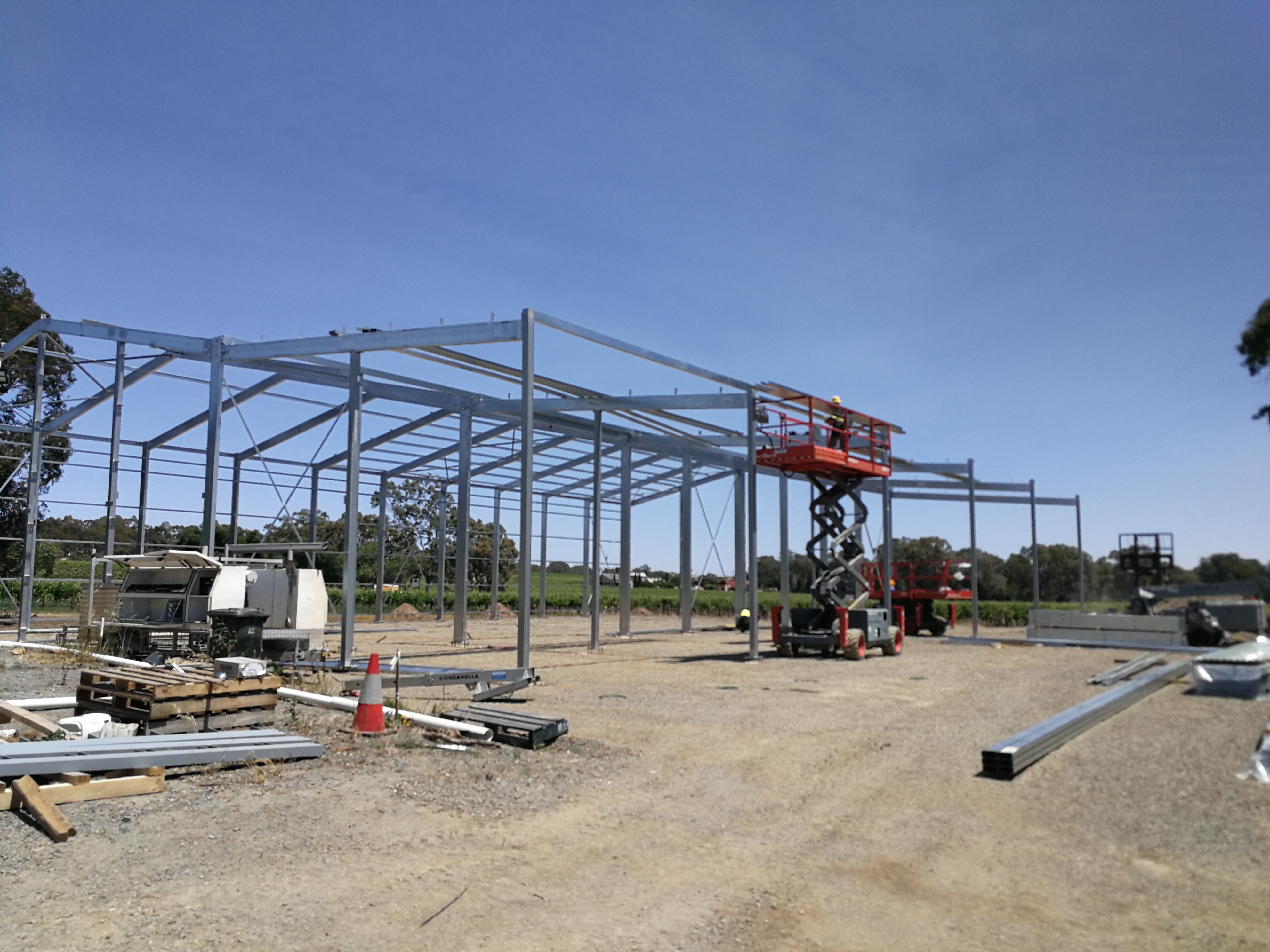
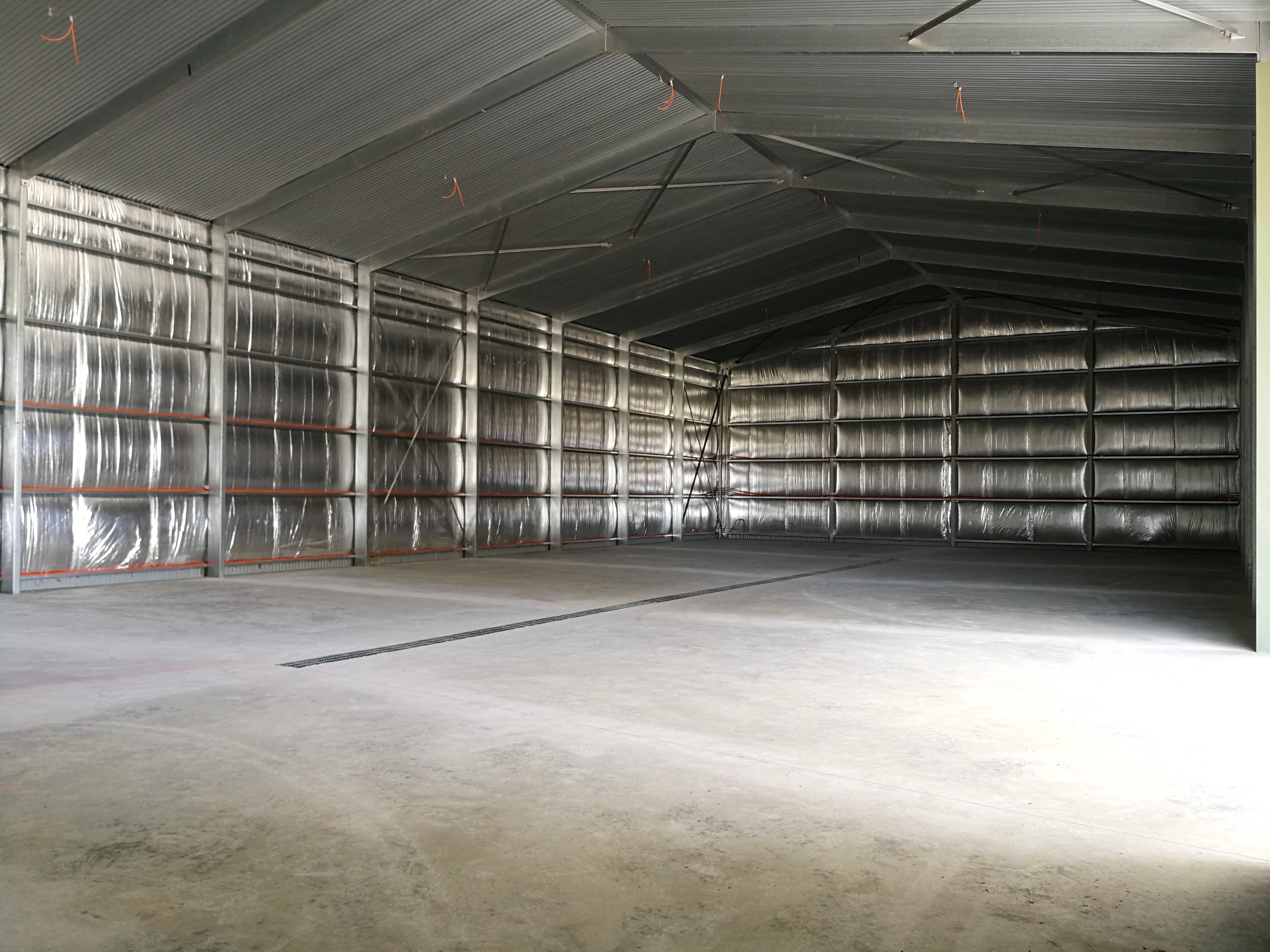
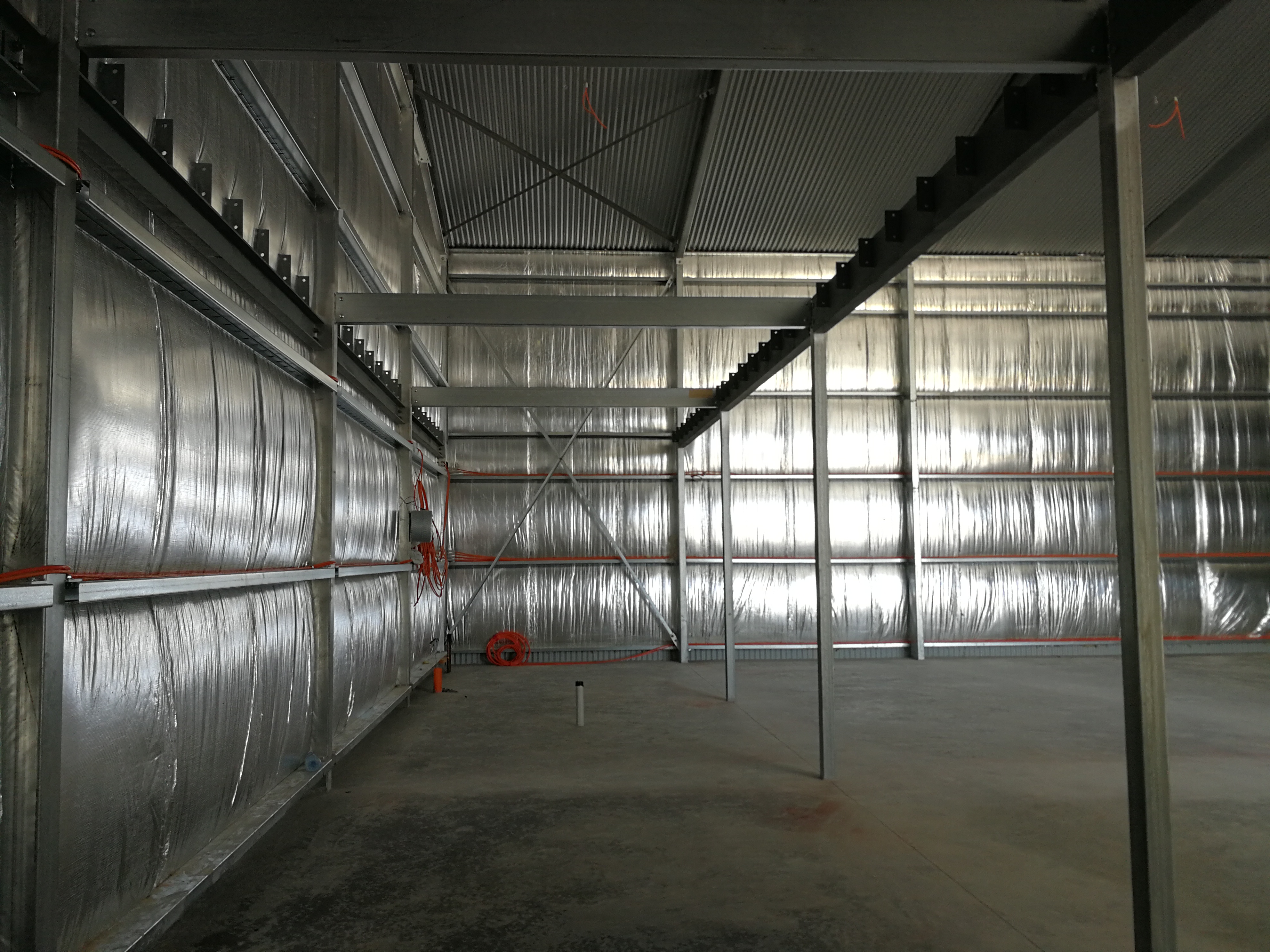
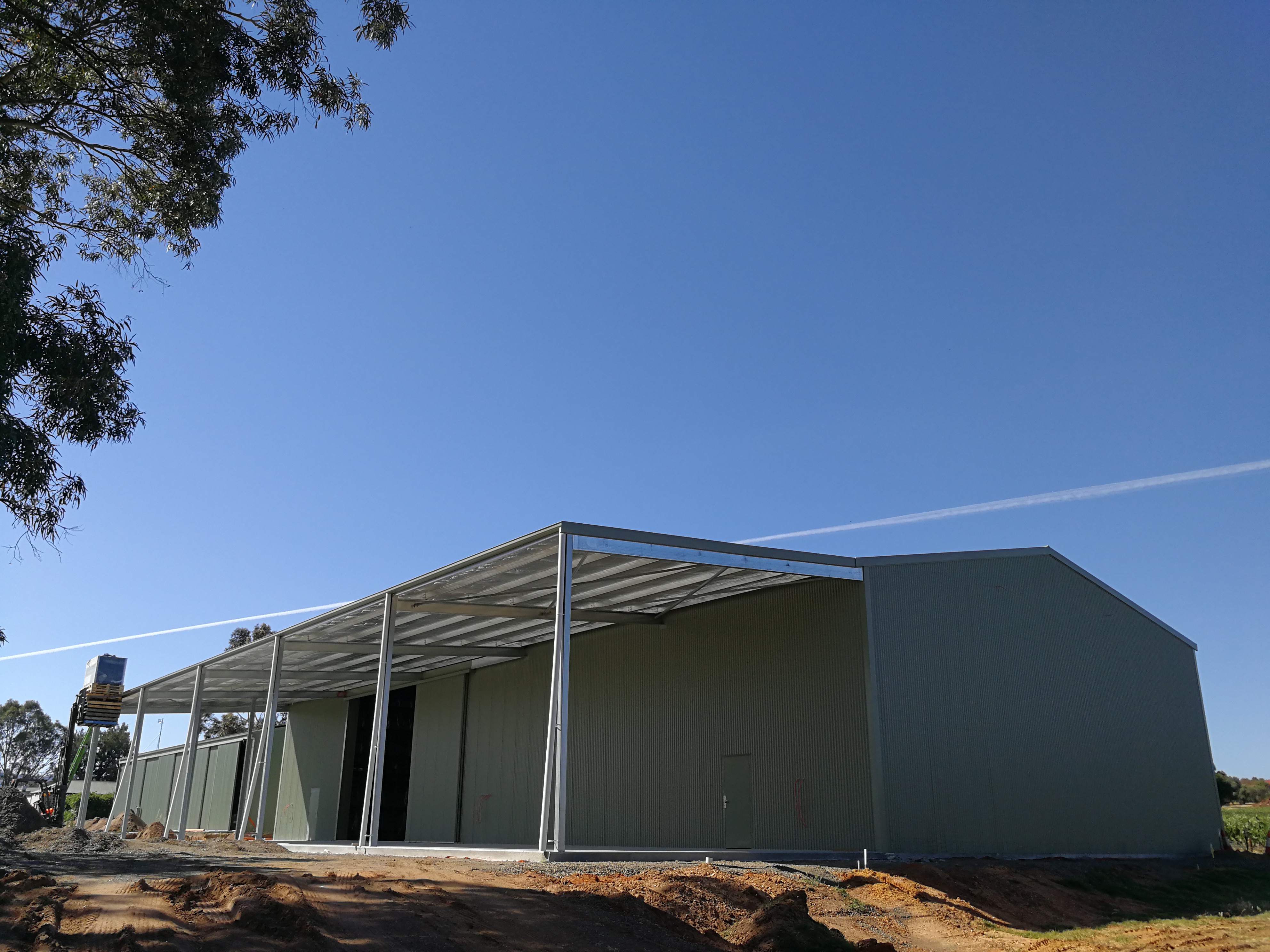

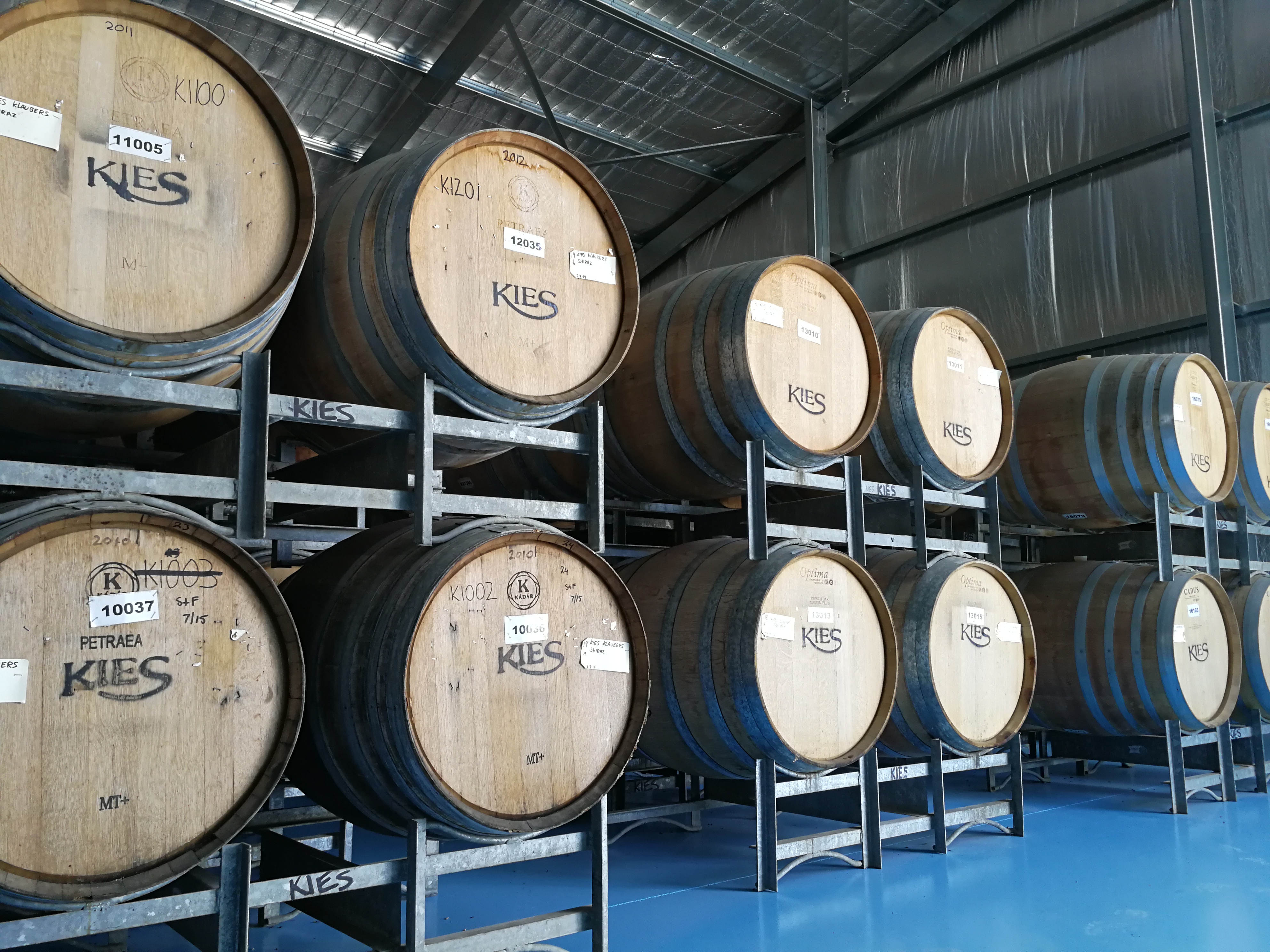
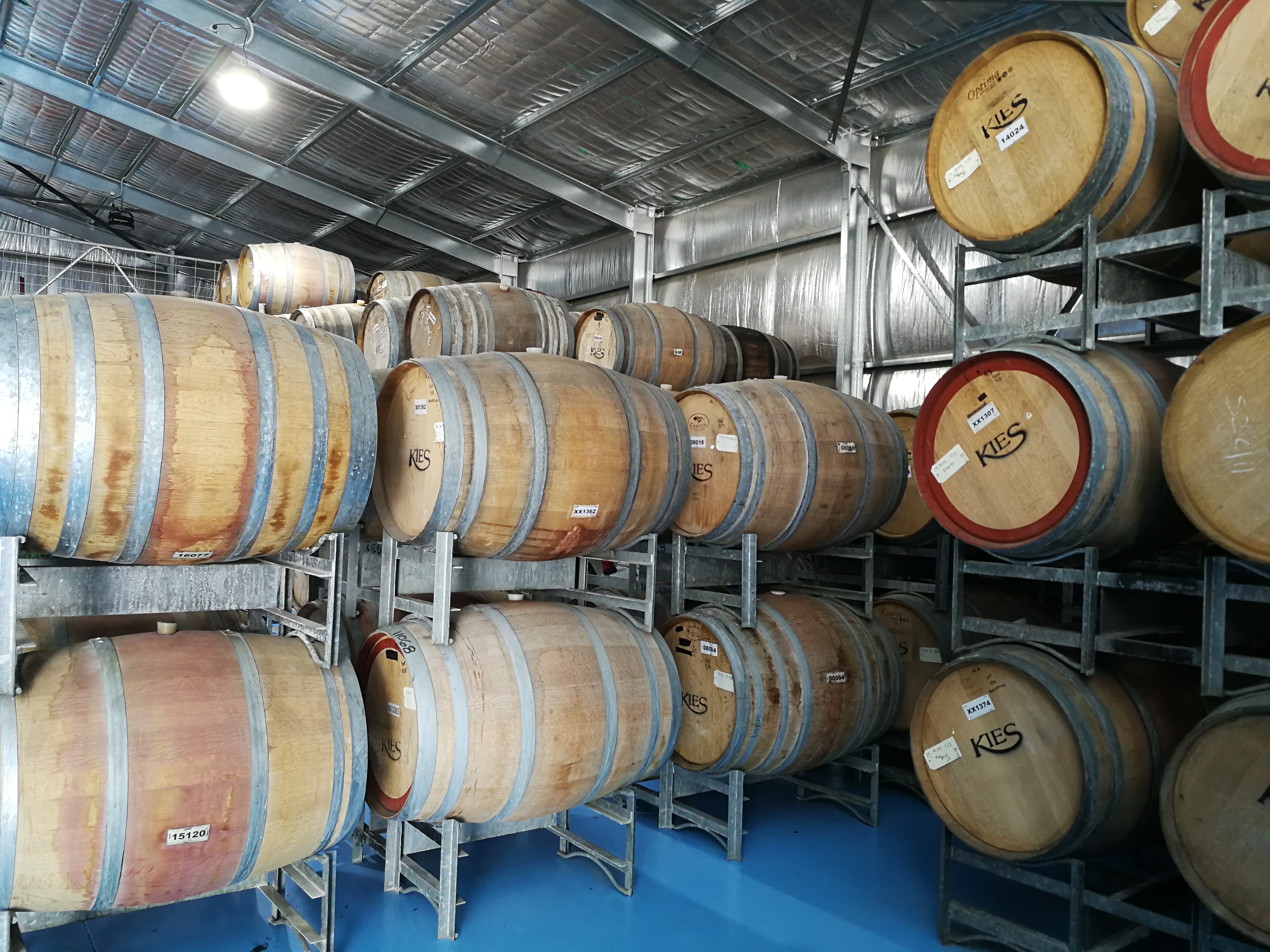
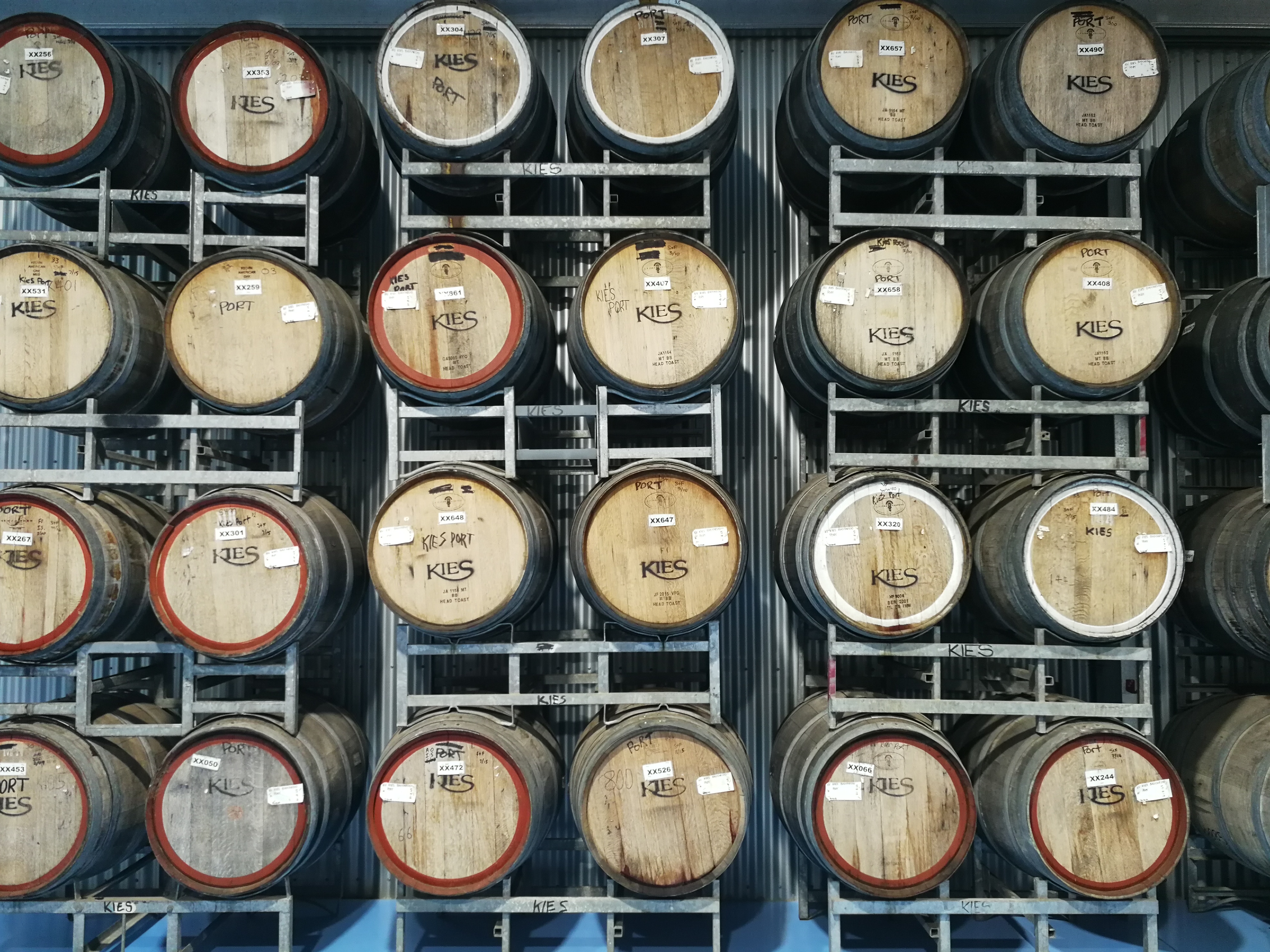
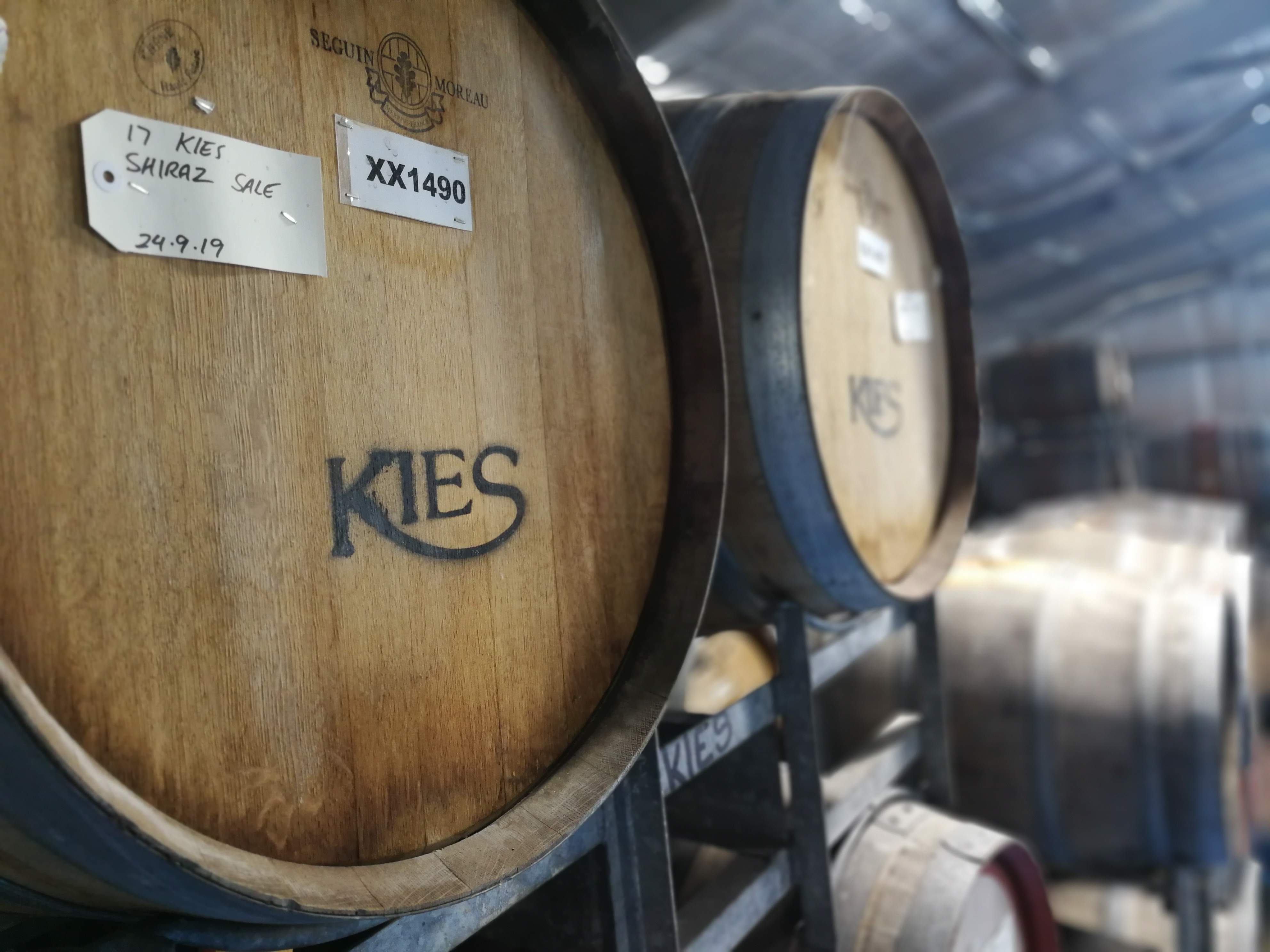
No Comments